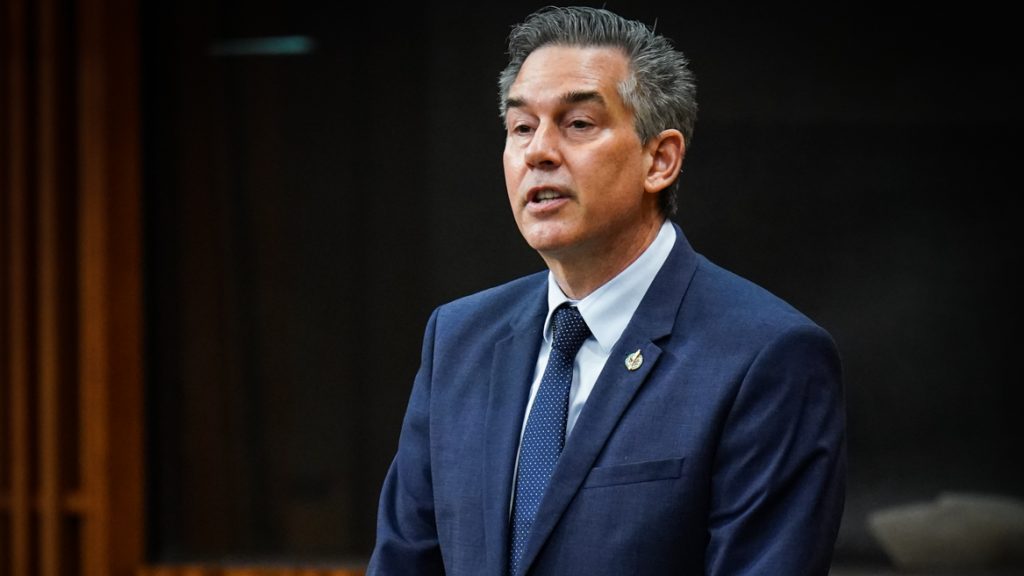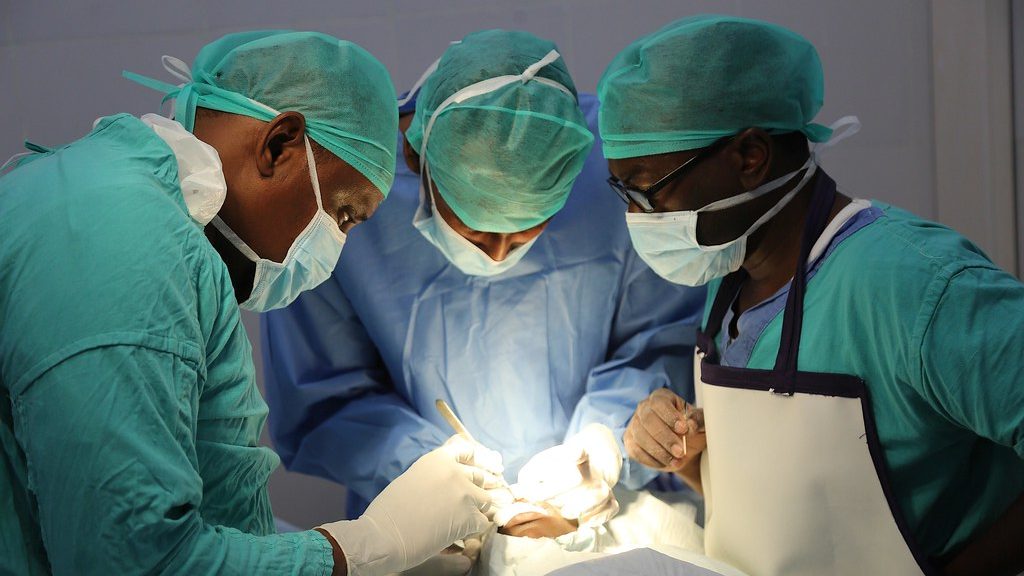Tories to introduce new, separate lump sum payment for critically wounded troops
Posted Mar 30, 2015 05:27:06 PM.
This article is more than 5 years old.
OTTAWA – The Harper government is offering yet another new lump-sum benefit to the country’s most critically wounded soldiers, hoping to silence complaints that the existing pain and suffering awards are too cheap.
The new critical injury benefit unveiled Monday by Veterans Affairs Minister Erin O’Toole will — once approved by Parliament — provide a $70,000 tax-free award to injured soldiers and veterans.
The one-time payment is meant to complement the existing lump sum awards system, which has been constantly maligned since being introduced in 2006 as part of the federal government’s overhaul of veterans benefits and entitlements.
The proposed new scheme is separate from the disability awards system, which a Commons committee has said is less generous to soldiers wounded on the battlefield than the courts are to civilians hurt in workplace accidents.
“It is a tax-free, immediate, personal payment in recognition of their stress and hardship in the days and weeks following a traumatic event, such as an attack in theatre, or a training accident here at home,” O’Toole told a news conference.
A department backgrounder notes when other eligible benefits are included, support for soldiers often exceeds what the courts award.
The new benefit is retroactive and troops injured since 2006 can apply, O’Toole said.
“Eligible military members and veterans will receive this $70,000 benefit, even if their medical condition never results in a permanent disability,” he said.
“I hope it lets them know that we recognize they deserve to be compensated for their pain, their surgeries, their prolonged hospitalizations, the stress and hardship they face on their road to recovery.”
The system of lump sum payment for pain and suffering — known as non-economic loss awards — has been a lightning rod for controversy for the Conservatives. It’s also one of the reasons the federal government is facing a class-action lawsuit from angry Afghan veterans.
Under the existing system, the maximum tax-free award is $306,698, which is considerably lower than the benchmark civilian award of $342,500, established in 2012 by the B.C. Supreme Court.
The government has heard complaints for years. In 2011, it allowed ex-soldiers the choice of whether to take the lump sum or have it paid out in stages, but did not change the sliding scale of payments.
The Liberals were quick to downplay the new payments, saying only a few will benefit.
“It will affect literally a handful of former service members each year, and appears to deny those living with PTSD from receiving support,” said veterans affairs critic Frank Valeriote.
“The Conservatives stubbornly refuse to present a plan that will honour our sacred obligation and offer the best of care and support to our veterans and their families.”
O’Toole’s announcement Monday is just the latest in a series of initiatives, all of which are part of a calibrated effort to rebuild bridges with a frustrated and disenfranchised veterans community.
Some veterans’ advocates — traditionally a solid constituency for the Conservatives — have said they intend to actively campaign against the Tories in the next election, scheduled for October of this year.
One advocacy group, Wounded Warriors Canada, welcomed the announcement, but said at least one key piece — properly fixing the lump sum disability award — is still missing.
“Any time you have a benefit that is going to add to the suite of benefits for veterans, it’s a good thing,” said Phil Ralph, the organization’s national program director.
“And the minister has done a good job of filling a whole bunch of gaps in the last couple of weeks,” added Ralph.
“This one, however, didn’t really address . . . how do we address the long term security (of injured veterans).”
Long-time veterans advocate Sean Bruyea dismissed the initiative, saying it appears aimed at the physically wounded, leaving those with psychological injuries out in the cold.
“Not one veteran, veterans’ group or the ombudsman asked for a separate additional award for an arbitrarily defined and extremely small population of bed-ridden or equivalently incapacitated veterans,” he said.
Bruyea pointed out that Canada’s lump sum disability award pales in comparison to Australia at C$420,000 and Britain at C$1.1 million.
In recent weeks, O’Toole has introduced a new proposed retirement income security benefit for moderately and severely wounded soldiers without military pensions and new programs for caregivers.
The government has also expanded access to the permanent impairment allowance, which provides the most severely disabled veterans with up to $2,800 a month in tax-free income for life.










